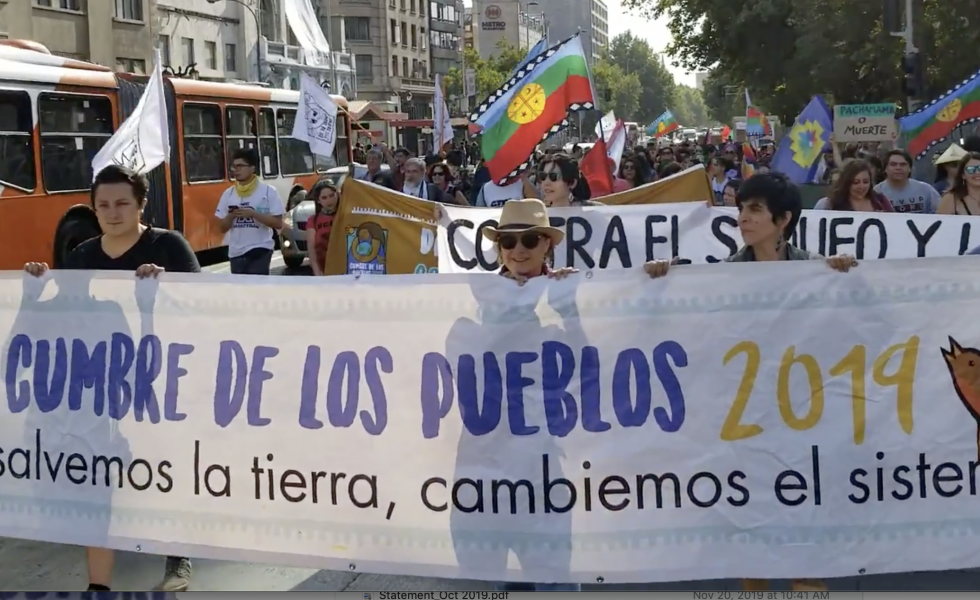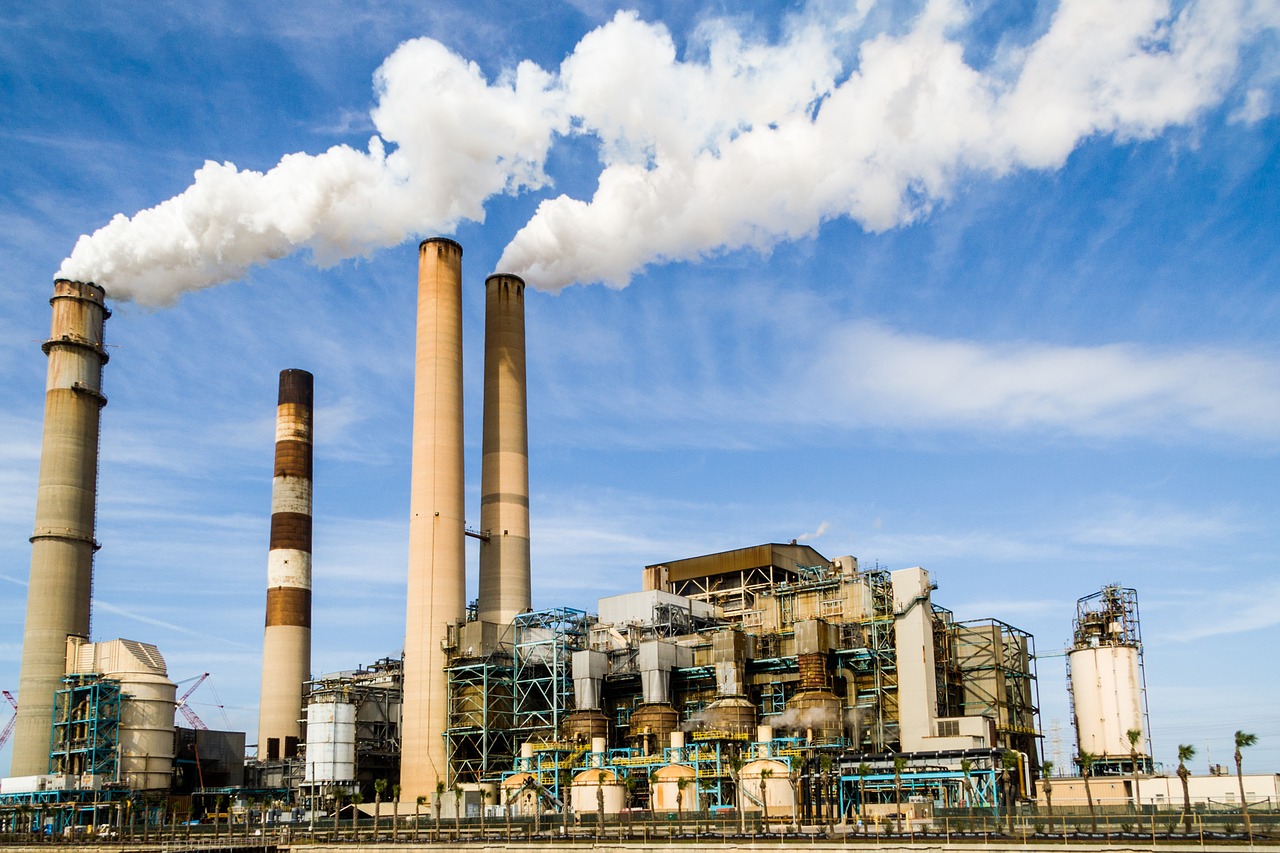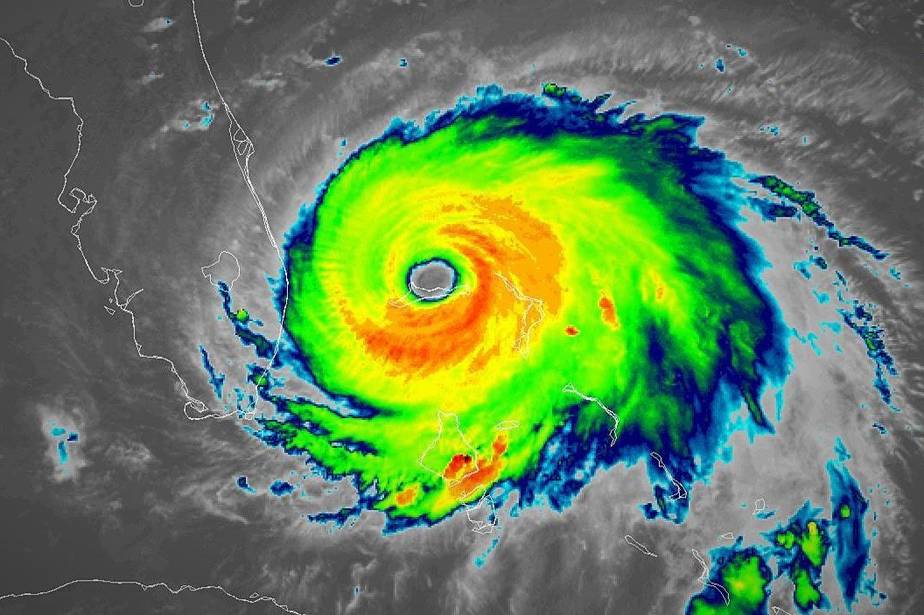
Global COVID-19 police state consolidates
It’s an irony that with police-state measures mounting worldwide to enforce lockdowns and contain COVID-19, Trump is now claiming sweeping executive power to lift lockdowns in the US in spite of the pandemic. Asserting his prerogative to override state governors and order economies open again, Trump stated: “When someone is president of the United States, the authority is total.” The media response has been to call this out as blatantly unconstitutional. While it is necessary to point out the illegitimacy of Trump’s pretended power-grab, it is also side-stepping the real threat here: of the pandemic being exploited to declare an actual “state of exception” in which constitutional restraints are suspended altogether—perhaps permanently. (Photo of protest outside “morgue truck” in New York City: Donna Aceto/Rise and Resist)












